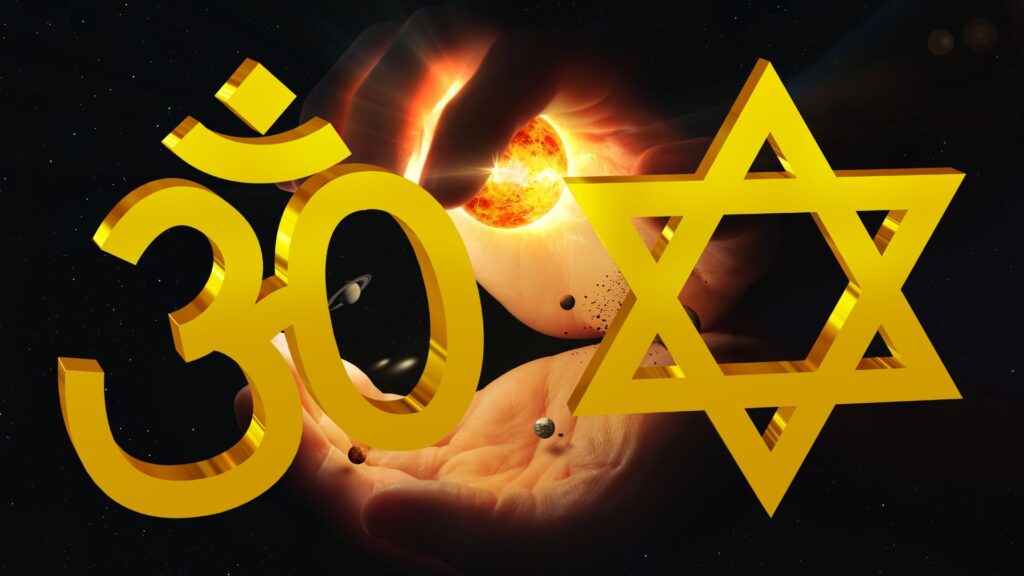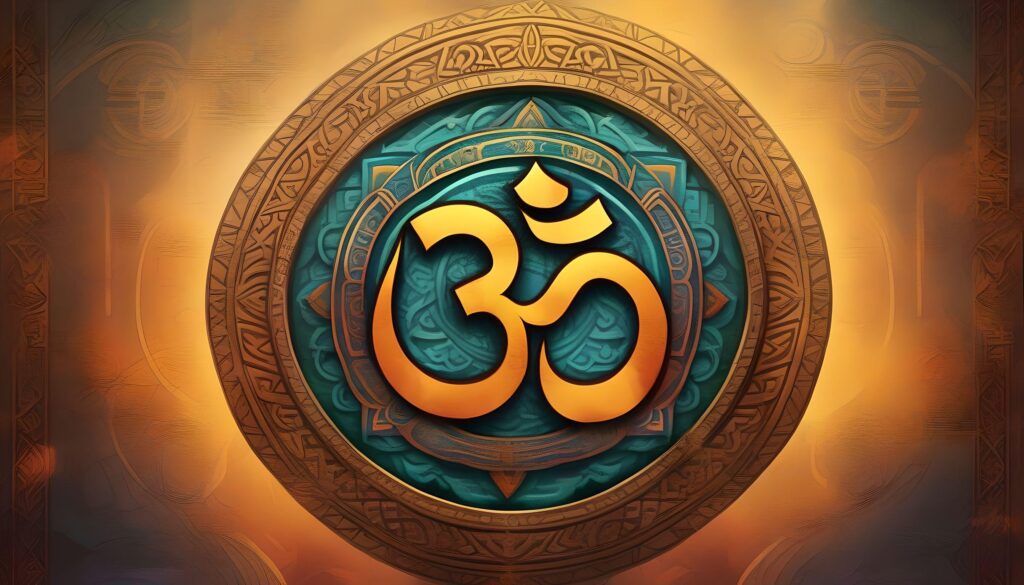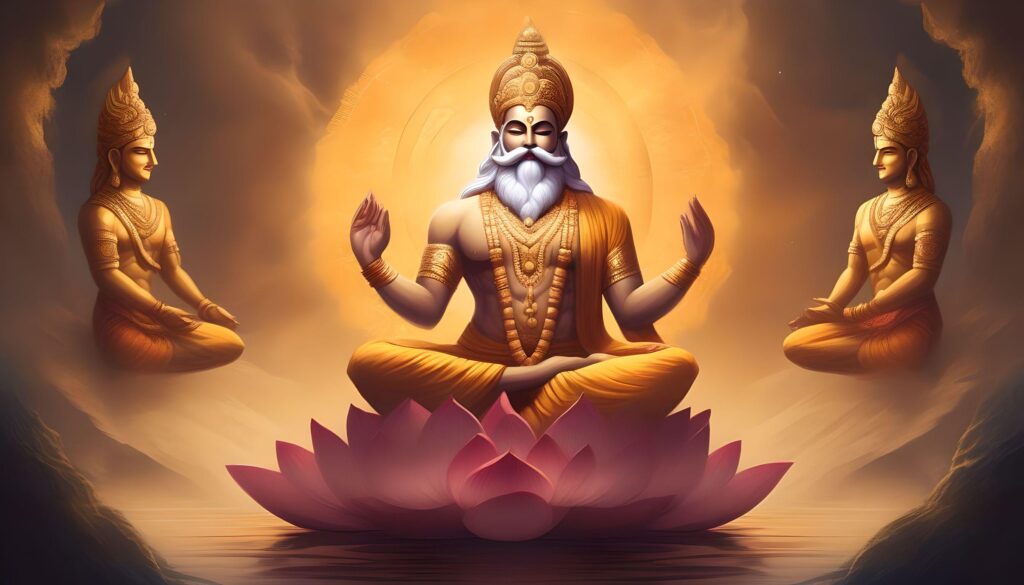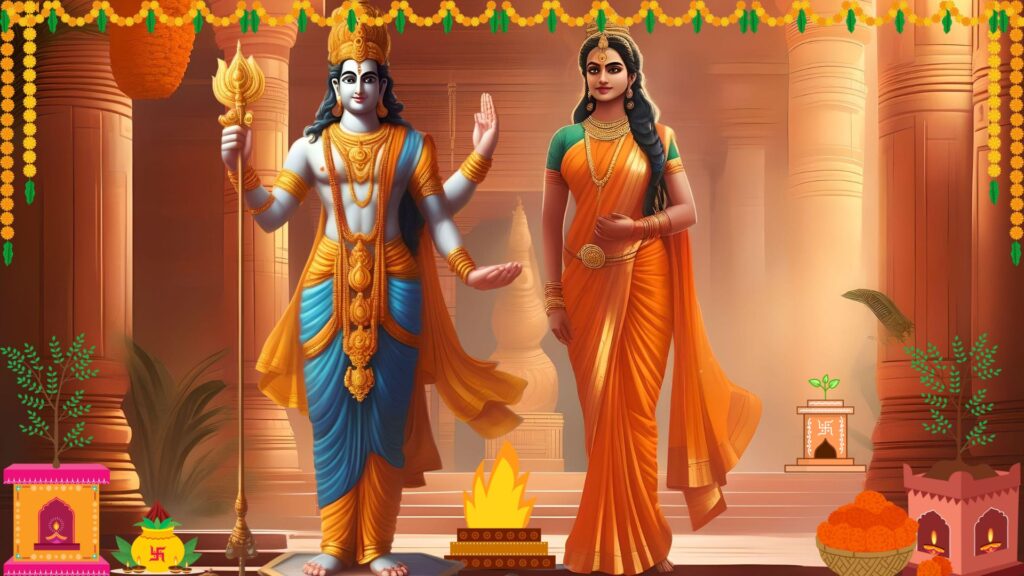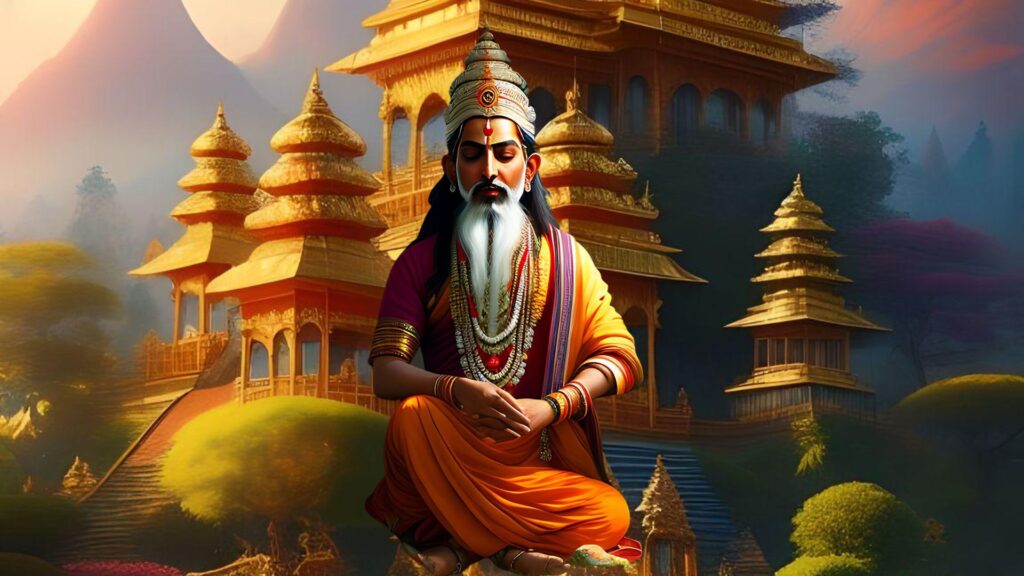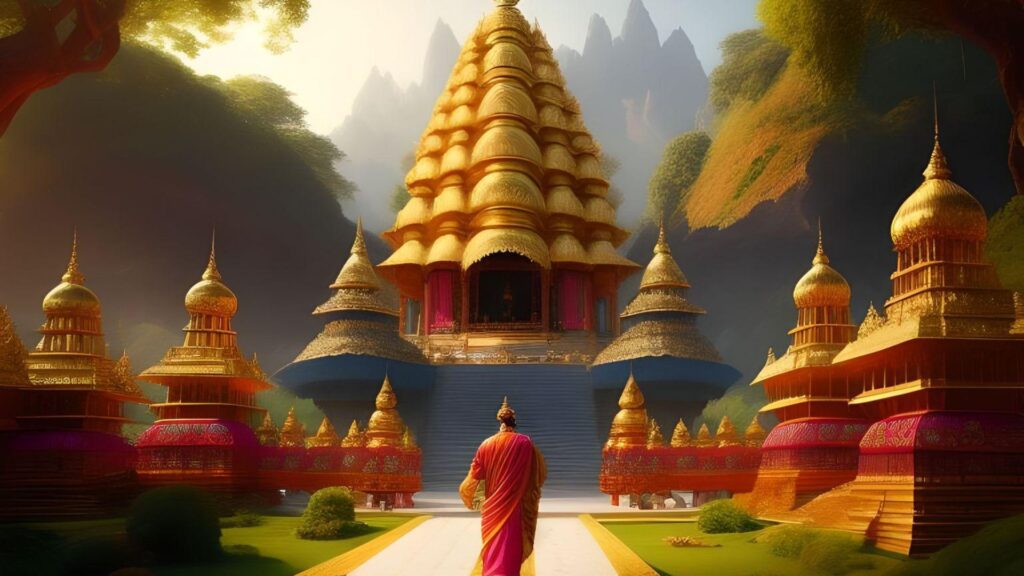Which is the oldest religion in the world Hinduism or Judaism?
Scholars and historians have been captivated by the inquiry into the world’s earliest religion for centuries. Although the answer may not be unequivocal, Hinduism and Judaism emerge as prominent contenders for this esteemed designation. Hinduism, which originated in the biblical era and has its origins in the Indian subcontinent, and Judaism, which dates back to biblical times, each have extensive historical backgrounds and distinctive attributes. This article will examine the historical interactions, scriptures, origins, and beliefs of these two ancient religions, as well as their parallels and distinctions.
Hinduism: An Ancient Synthesis
With an adherent count exceeding 1.2-1.35 billion, Hinduism ranks as the third most populous religion on a global scale. Its historical roots are intricately linked to the spiritual and cultural customs of Southeast Asia and the Indian subcontinent. It is postulated that Hinduism developed gradually over time via the fusion of numerous Indian civilizations and traditions, rather than being ascribed to a particular progenitor or moment of inception.
The origins of Hinduism can be historically situated in the migration of Indo-Aryans towards the Indus Valley, a region inhabited by the indigenous Harappan civilization. A new faith arose from the interaction and merging of the languages and cultures of these two communities; it incorporated the customs of both groups. The Vedic Age, which was distinguished by the prevalence of the Vedas, the most ancient Hindu scriptures, signified the incipient stages of Hinduism. The Rigveda, Yajurveda, Samaveda, and Atharvaveda, which are considered to be the foundation of Vedic literature, were composed between 1500 and 500 BCE.
Judaism: An Ancient Monotheistic Faith
Judaism, one of the world’s earliest monotheistic religions, was founded during the biblical period. It is difficult to ascertain the precise date of its inception; however, it is widely believed that the religion had been in existence for a considerable period of time prior to its formally recognized inception in 690 BC. The tenet of Judaism is the conviction in a singular, indistinguishable, and indivisible deity.
The historical foundations of Judaism are established in the narratives and occurrences detailed in the Hebrew Bible. Abraham, who lived around 1000 BC, is regarded as the progenitor of the Jewish people and is a pivotal figure in Jewish history. Under the leadership of his son Solomon, the initial sacred Temple of the Jews was built in Jerusalem during his reign. The Torah, which serves as the foundational text of Judaism and imparts the faith’s tenets, also influences the formation of Jewish identity.
Theological Similarities
Despite substantial differences in their theological tenets, Hinduism and Judaism do possess certain points of agreement that have garnered scholarly interest. Both faiths have frequently been classified as ethnic religions due to their emphasis on community preservation rather than the pursuit of conversions. Concurrently, followers of Judaism and Hinduism are distributed throughout the world.
An aspect that unites them is the intricate nature of their legal systems, purity codes, and dietary restrictions. These measures are utilized by both faiths to govern and delineate their respective communities. Hinduism is comprised of numerous schools and divisions, all of which are unified by their shared rites, literary works, beliefs, and pilgrimage sites. In a similar fashion, Judaism comprises various sects and denominations that all observe the same rituals and laws.
Scriptures and Sacred Texts
In both Judaism and Hinduism, the sacred scriptures are instrumental in shaping their respective religious traditions. Hinduism places considerable significance on the Vedas. The aforementioned antiquated manuscripts, namely the Rigveda, Yajurveda, Samaveda, and Atharvaveda, comprise philosophical contemplations, rituals, and hymns. The Vedas are not regarded as limited scriptures, but rather as an intricate cosmic reality with historical and transcendental dimensions.
The Torah is similarly regarded as the central scripture of Judaism. The Five Books of Moses, which constitute the Torah, comprise the fundamental teachings, laws, and narratives of the Jewish people. The Torah, similar to the Vedas, is perceived as a cosmic reality that surpasses the realm of written words.
Beliefs and Concepts of God
Hinduism comprises an extensive assemblage of convictions concerning the essence and persona of the divine. Diverse Hindu sects maintain distinct viewpoints, encompassing polytheism, pantheism, monotheism, and panentheism. Certain sects regard Shiva as the paramount deity, whereas others give precedence to Narayana or Vishnu. An extensive collection of Hindu scriptures, Upanishads, and artifacts from the Indus Valley Civilization have influenced these beliefs.
On the contrary, Judaism maintains a steadfast commitment to monotheism, affirming the presence of a solitary deity who is absolute, indivisible, and unparalleled. The Torah forces its readers to acknowledge and venerate this singular deity, whom they regard as the ultimate cause of all existence. Hinduism, in addition to acknowledging the presence of numerous deities, also recognizes the potential unity and interdependence among them.
Historical Interactions
Geographical distances have been the primary reason for the limited direct interactions between Judaism and Hinduism throughout history. Nevertheless, traces of cultural and commercial interactions exist between India and the Levant, offering insights into the ancient civilizations’ interconnections. An ancient maritime trade manual known as The Periplus of the Erythraean Sea records trade routes that connected India and the Levant. In addition, biblical narratives, including the account of the Queen of Sheba, provide evidence of interregional cultural exchange.
Additionally, some academics have investigated possible linguistic and traditional parallels between Judaism and Hinduism. American biologist Constantine Samuel Rafinesque identified connections between the two religions through parallels in the names and narratives of biblical figures such as Noah and Manu. Nevertheless, additional inquiry and scholarly examination are necessary to validate the veracity of these associations.
Modern Interactions and Relations
Hinduism and Judaism have nurtured mutual understanding and interfaith dialogue in the modern era. In an effort to foster peaceful coexistence and discuss shared values, leaders of both faiths have gathered. Multiple interfaith summits have been coordinated by the World Council of Religious Leaders in collaboration with Hindu and Jewish organizations. Among these was the inaugural Jewish-Hindu interfaith leadership summit, which took place in New Delhi in 2007.
These dialogues have brought attention to the historical record of non-persecution and enduring tolerance between the Jewish and Hindu faiths. Prominent Hindu nationalist figures, including M. S. Golwalkar, advocated for the establishment of Israel as a Jewish nation-state, seeing a correlation between the safeguarding of Jewish identity and the ambitions for a Hindu state in an independent India.
The establishment of Jewish communities in India and the subsequent adoption of the Bnei Menashe, an organization asserting Jewish heritage, into Israel serve to strengthen the historical ties and foster harmonious relations between these two antiquated faiths.
Conclusion
When attempting to ascertain the earliest religion globally, Hinduism and Judaism arise as noteworthy contenders. Hinduism, an ancient amalgamation of Indian civilizations and traditions, encompasses a wide array of doctrines and rituals. Judaism, which has its origins in biblical periods, serves as a testament to the Jewish people’s enduring monotheistic faith.
While Hinduism and Judaism possess distinct theological doctrines and historical developments, they share commonalities in their complex legal systems, dietary restrictions, and cultural interactions. Both religions value the significance of scriptures and hold profound beliefs about the nature of God.
#Hinduism #hindu #religion #india #oldestreligion #bestreligion #religious #spiritual
